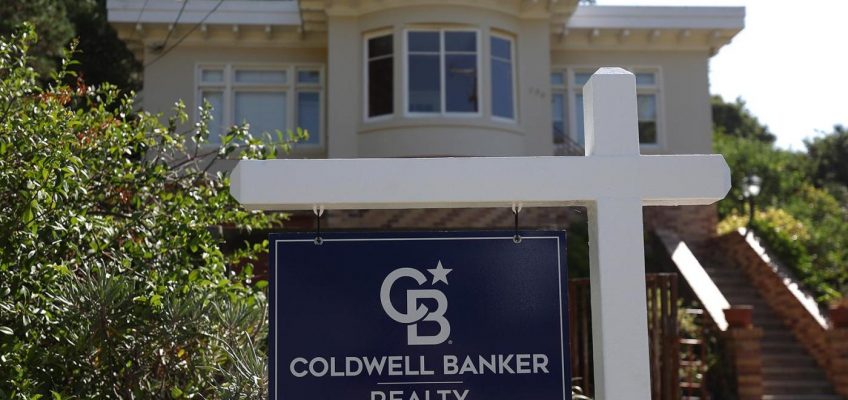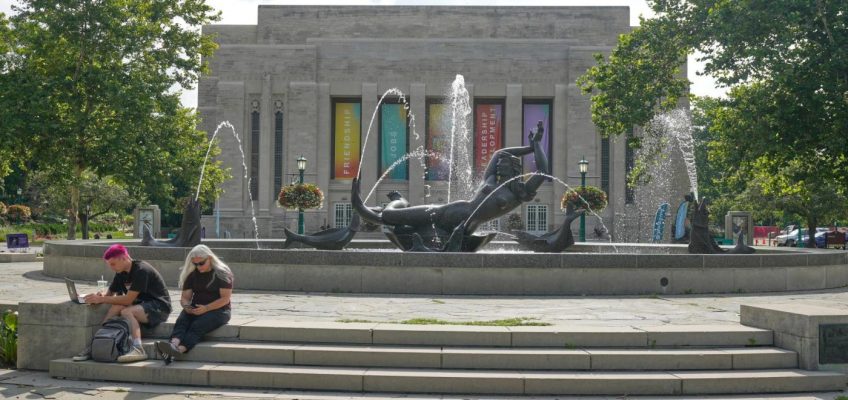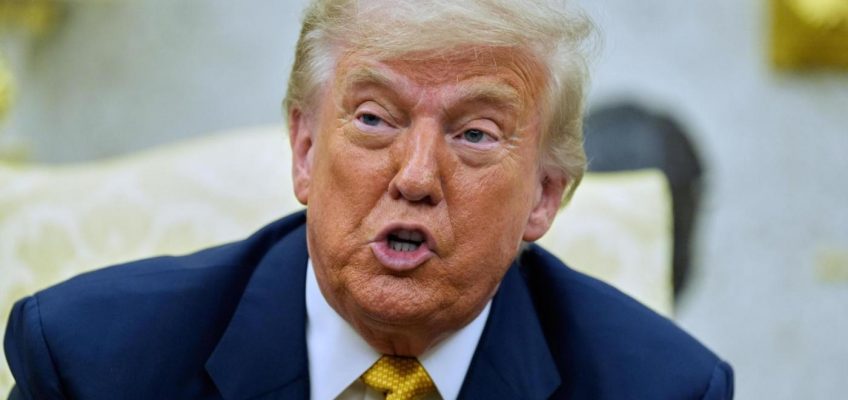By Tommy Tindall, NerdWallet
My wife and I hate our washer and dryer. Both appliances still operate, but the washer leaves behind what looks like little specs of mildew every load. The dryer takes three times on high to get a load dry.
All the trade war talk has us wondering if we should nab a deal now while it doesn’t seem so bad.
A lot of people are worried about tariffs, according to the Consumer Confidence Board’s June Consumer Confidence Index. The report said purchasing plans for appliances were slightly up in June, car-buying plans were steady and electronic-buying plans were down.
The affluent — and I’m not saying that’s me — may be leading the charge.
Back in May, 26% of consumers making $125,000 or more indicated that they’d made purchases ahead of potential tariffs. Expected price rises haven’t fully landed, but economists say they are coming.
“Consumers are seeing their way through the uncertainty with trade policies,” National Retail Federation Chief Economist Jack Kleinhenz said in a June prepared statement. “But I expect the inflation associated with tariffs to be felt later this year.”
If you want to get ahead of potential rising prices, here are a few things to look at now before they get more expensive later.
Major appliances, like washers and refrigerators
Turns out the tariff on imported steel and aluminum will specifically hit household appliances. As of June 23, the 50% tariff on steel extends to “steel derivative products,” which include fridges, freezers, washers, dryers, dishwashers, ovens and even garbage disposals.
If you’ve been thinking about upgrading an appliance, the time might be right to get something that was made before prices get higher, and while summer sales are still going on.
As for our purchase plan, we’re going to get a new washer and dryer soon because mildew is gross and economists foresee prices rising. Our local appliance store has the LG set we want in stock and on sale now.
Cars (especially EVs and luxury imports)
It was a crappy time to buy a car the past few years. Prices of both new and used cars ballooned after the pandemic. Then, the situation seemed to get better.
Case and point: I bought a brand new Honda Odyssey at several grand under sticker in November. I was shocked the dealer was willing to let me haggle that day. (Adding free all-weather mats was a non-starter though.) I also can’t believe how much I love driving a minivan (#babyonboard).
Now, a 25% tariff on imported passenger vehicles and auto parts could usher in a new era of crappiness in car buying, but there is time to get ahead of it.
“Experts expect tariffs to push car prices higher. We’ve seen a few manufacturers increase prices, but overall there haven’t been big increases. That’s expected to change though, as pre-tariff vehicles disappear,” says Shannon Bradley, NerdWallet’s authority on autos.
What make and model of car are you after, and where is it made?
Related Articles
What’s happening with forgiveness for student loans on income-based repayment plans?
The solar tax credit is ending: what that means for homeowners
The risks and rewards of tokenization as crypto heavyweights push for it
Less selection, higher prices: How tariffs are shaping the holiday shopping season
Without a net: Who will feel the pain from budget cuts?
Consultancy firm Anderson Economic Group has analyzed vehicles with the lowest and highest potential tariff impact to project cost increases to consumers.
Cars like the Toyota Camry Hybrid, Ford Explorer and my beloved Honda Odyssey are assembled in the U.S. and expected to be less impacted by tariffs than more luxurious foreign-made models. Prices of the cars mentioned are expected to increase by $2,000 to $3,000.
Another incentive to get a new ride has to do with President Trump’s “big, beautiful bill.”
The legislation adds a tax deduction for car loan interest, where taxpayers can write off up to $10,000 a year in interest paid on new cars assembled in the U.S. and purchased after Dec. 31, 2024.
If you’re on the other end of the spectrum, looking for something like a Mercedes-Benz G-Wagon, Land Rover, Range Rover or imported BMW model, there’s no tax deduction, and the tariff impact is expected to be greater. Like $10,000 to $12,000 greater, according to the Anderson Economic Group analysis.
If you want an electric vehicle, the clock is ticking.
“EV tax credits will be eliminated beginning with EVs purchased or leased after Sept. 30, 2025. If you want an EV, buy one before then,” says Bradley.
The new Tesla Model 3 and Ford F-150 Lightning are examples of EV models eligible for the $7,500 EV tax credit for now. Used EVs get a tax credit of $4,000, but that will also end Sept. 30 under the planned tax changes.
iPhones and Androids
The tariffs situation changes almost daily.
Right now, there is a baseline 10% across-the-board tariff on all imports. There’s also a 30% tariff on Chinese imports in effect, with the potentially higher reciprocal tariffs on China and other countries on pause until Aug. 1.
Something you may not know is smartphones (along with 19 other electronic items and/or components, including laptops) are exempt from tariffs for the time being. That could influence your decision to upgrade your phone now, if you need to.
Imported booze
Does the idea of adding $12k to the cost of a luxury car make you reach for a drink? If so, you may want to stock up on Scotch, South African wine, sake and other imported alcohol and put them in the cellar now.
Unless new trade agreements come together, tariffs of 50% for the European Union, 30% for South Africa and 25% for Japan are on the table come Aug. 1.
Please drink expensive booze slowly and sparingly.
Advice: Don’t let tariffs tweak you out
Whatever you do, don’t panic-buy a fridge or a Ford F-150 Lightning because you’re worried. Saving money on the sticker price of something you don’t need or can’t afford is silly. Instead, assess your current situation and decide if your budget allows for buying something big-ticket.
It may be worth it to hold on to your money now and take steps to save and prepare for the additional cost later.
More From NerdWallet
7 Ways to Keep the Summer Spending Craze Under Control
Making $200K and Still Feel Financially Stretched? You’re Not Alone
$1K ‘Trump Accounts’ for Kids: How Do They Stack Up?
Tommy Tindall writes for NerdWallet. Email: ttindall@nerdwallet.com.
The article Splurge Now, Save Later? 4 Things to Buy Before Prices Rise originally appeared on NerdWallet.




